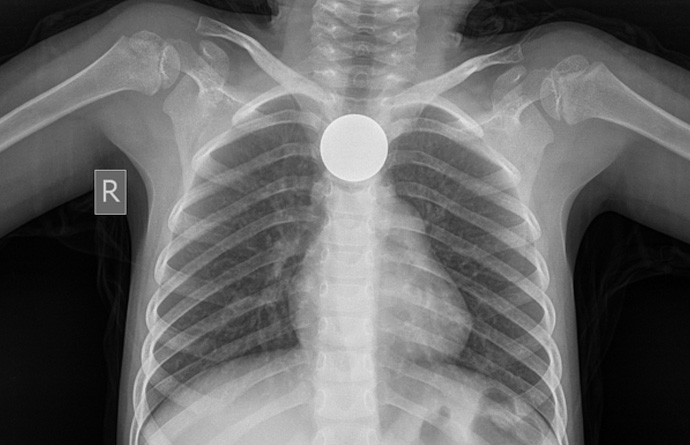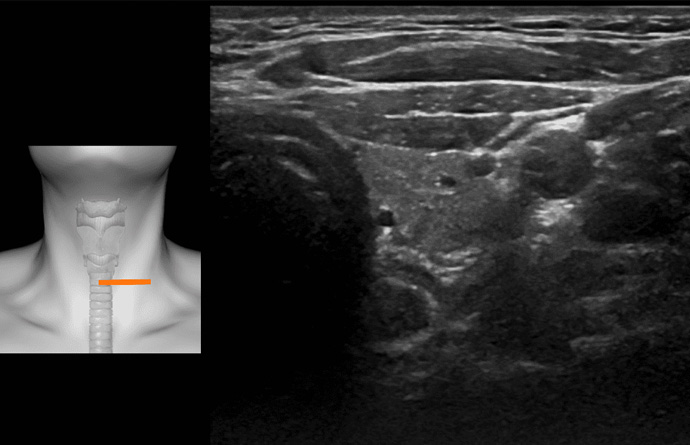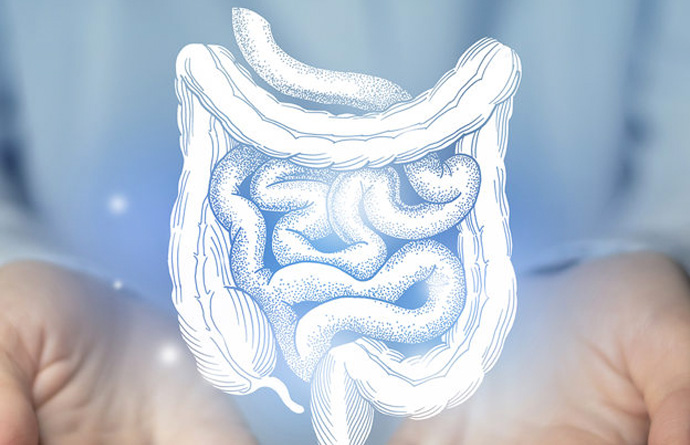Achalasia cardia is a motility disease occurring inside the esophagus. It is caused when the sphincter muscle separating the esophagus from the stomach fails to properly relax and open when swallowing, preventing food from passing easily to the stomach.
The disease primarily leads to difficulty in swallowing. Other symptoms can be regurgitation, cough, heartburn, chest pain, and weight loss.
It can often be diagnosed using a combination of imaging and functional tests. Chest x-ray, endoscopy, and barium study are commonly required investigations. Esophageal manometry helps confirm the diagnosis and identify the type of achalasia.
Surgical treatment and endoscopic treatment are the two most sought-after treatment options. Surgical treatment suits best as a one-off, long-term solution. Surgeries include laparoscopic cardiomyotomy – a very safe and secure procedure when performed by experienced gastroenterologists. Endoscopic treatment includes Pneumatic dilatation or POEM, which is a pneumatic dilatation of the sphincter.










